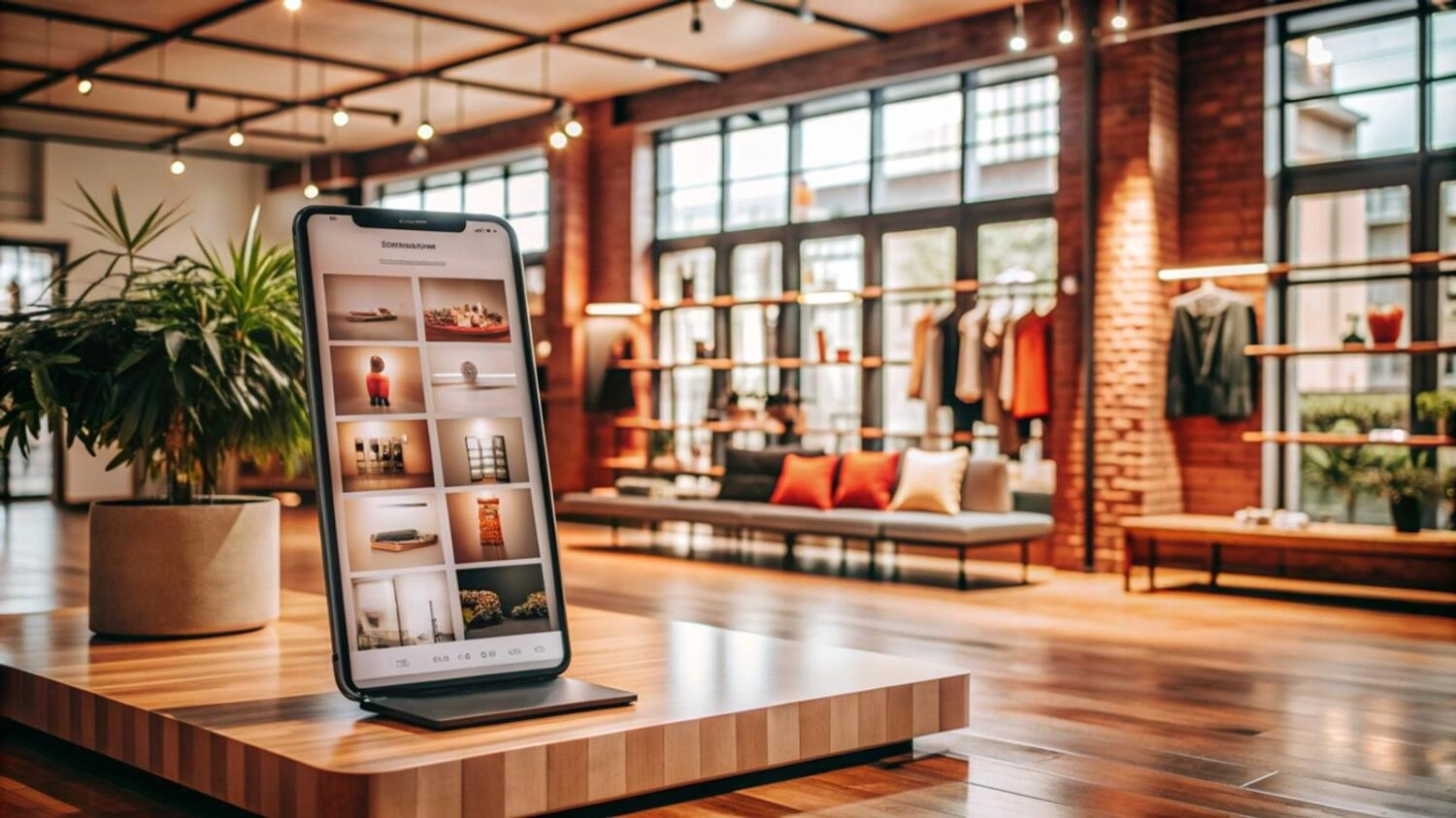The retail sector in the GCC is heading into 2025 with strong momentum. Factors such as population growth, a rise in high-net-worth individuals (HNWIs), increased business confidence, and ongoing economic diversification initiatives are driving this progress. In 2024, consumer spending in the UAE saw a year-on-year growth of 4.8% in Q3, reaching $3.7 billion, according to NielsenIQ.
Similarly, Saudi Arabia’s retail market is set for major growth, with hyperlocal markets projected to contribute $13.5 billion (SAR 50 billion) to its non-oil GDP by 2030, as highlighted by recent studies.
“Retail in the GCC is evolving rapidly,” says Sadique Ahmed, CEO of Pathfinder Global, a leader in AI-driven retail intelligence. “Today’s consumers value convenience, personalization, and sustainability.
These changes reflect cultural shifts as much as technological progress, signaling where retailers need to focus to succeed in this fast-changing landscape.”
Top 10 GCC Retail Trends for 2025
1. Continued E-Commerce Growth
The Middle East’s e-commerce sector continues to grow faster than the global average, driven by mobile-first strategies, advanced payment systems, and self-checkout technologies. Platforms like Noon and Amazon are leveraging AI to offer personalized product suggestions and faster transactions, making online shopping seamless for consumers.
2. Advanced In-Store Technologies
Retailers are transforming physical stores into tech-driven hubs. Tools like smart mirrors and augmented reality (AR) create hybrid shopping experiences. For instance, Magic Mirrors enable virtual try-ons, while Beauty Mirrors enhance hygiene in cosmetics shopping. These technologies are reshaping how consumers engage with products.
3. MENA Grocery Market Expansion
The grocery retail market is thriving, catering to demand for affordability and convenience. Quick-commerce platforms like InstaShop are popular among tech-savvy professionals, while value-focused stores like VIVA are meeting budget-conscious needs. McKinsey reports that 2024 saw a surge in online grocery shopping as speed and convenience became priorities.
4. Sustainability as a Priority
More Middle Eastern consumers are prioritizing sustainability, with 53% willing to pay extra for eco-friendly products. Initiatives like recyclable packaging and locally sourced goods are gaining traction. Brands like Carrefour are aligning their strategies with these preferences to attract environmentally conscious buyers.
5. Conscious Spending Patterns
Economic pressures are influencing consumer behavior. Solutions like Buy Now, Pay Later (BNPL) options from Tabby and Tamara make larger purchases more manageable. Political and ethical considerations also play a role, as evidenced by regional boycotts of brands tied to geopolitical issues.
6. Social Media Driving Sales
Social commerce is on the rise, with platforms like Instagram and TikTok playing a key role in how consumers discover and shop for new brands. PwC reports that 78% of Middle Eastern consumers discover brands through social media, compared to 67% globally. Influencer campaigns are particularly effective in driving conversions.
7. Saudi Arabia’s Retail Expansion
Saudi Arabia’s retail sector is experiencing unprecedented growth. Vision 2030 initiatives are driving investments in hyperlocal markets, projected to add $13.5 billion to the country’s non-oil GDP by 2030. IPOs and new partnerships are reshaping the landscape.
8. Faster Delivery Options
Same-day delivery services are redefining convenience, with platforms like Careem and Noon leading the way. These services are prompting retailers to invest in robust local logistics networks to meet consumer demand for fast delivery in urban centers like Dubai and Riyadh.
9. Experiential Retail
Retailers are creating memorable shopping experiences through pop-up stores, art installations, and sensory engagements. Events like Chanel’s olfactory installation in Dubai Mall showcase how experiential retail can captivate customers and build loyalty.
10. Rising Demand for Commercial Spaces
The competition for premium retail spaces is intensifying. Flexible store designs, such as pop-ups, are helping brands adapt to seasonal demands while maintaining strong physical presences.
Embracing GCC Retail Trends with AI Solutions
AI tools like RetailGPT are helping retailers stay ahead by offering tailored product recommendations and real-time offers. These technologies not only enhance the shopping experience but also help consumers discover relevant products, saving both time and money.
“Key trends like e-commerce growth, advanced tech, and sustainability will shape the future of retail,” says Ahmed. Retailers who invest in mobile-first strategies, eco-friendly practices, and personalized customer experiences will thrive in 2025 and beyond.
By aligning with these trends, retailers in the GCC can secure long-term success and meet the evolving expectations of their customers.





